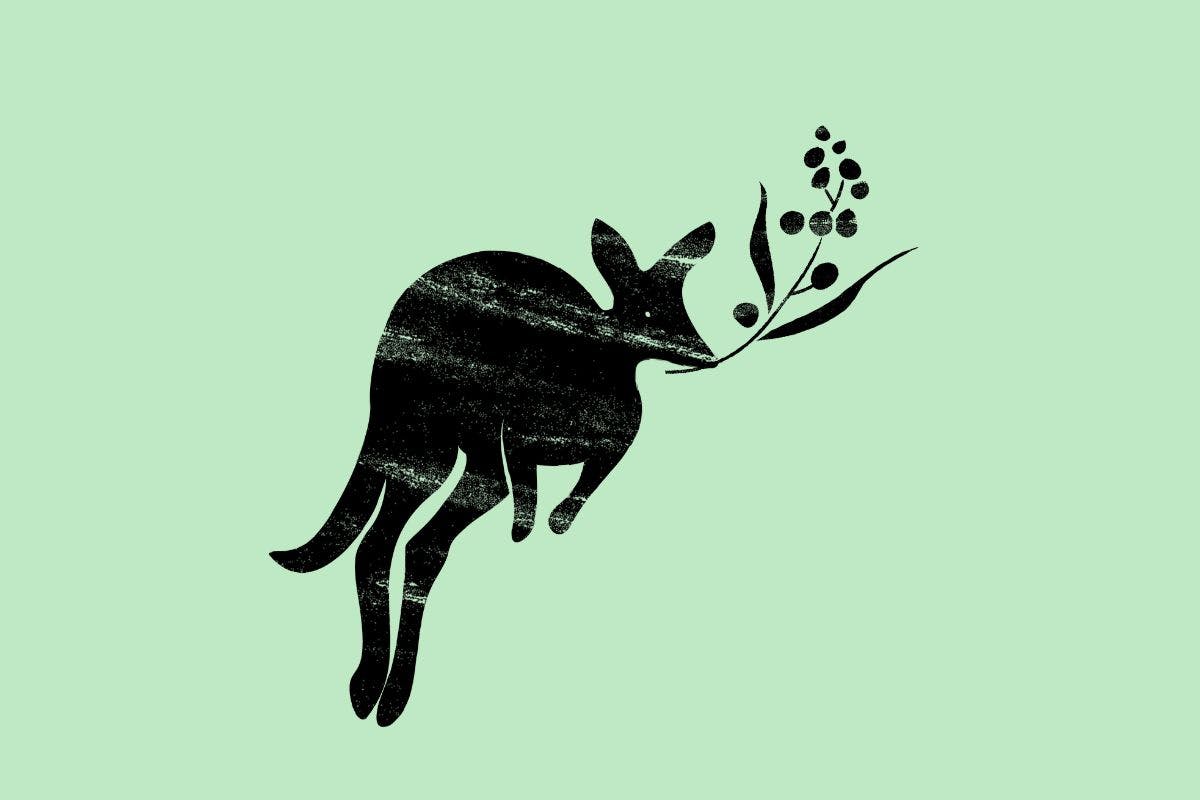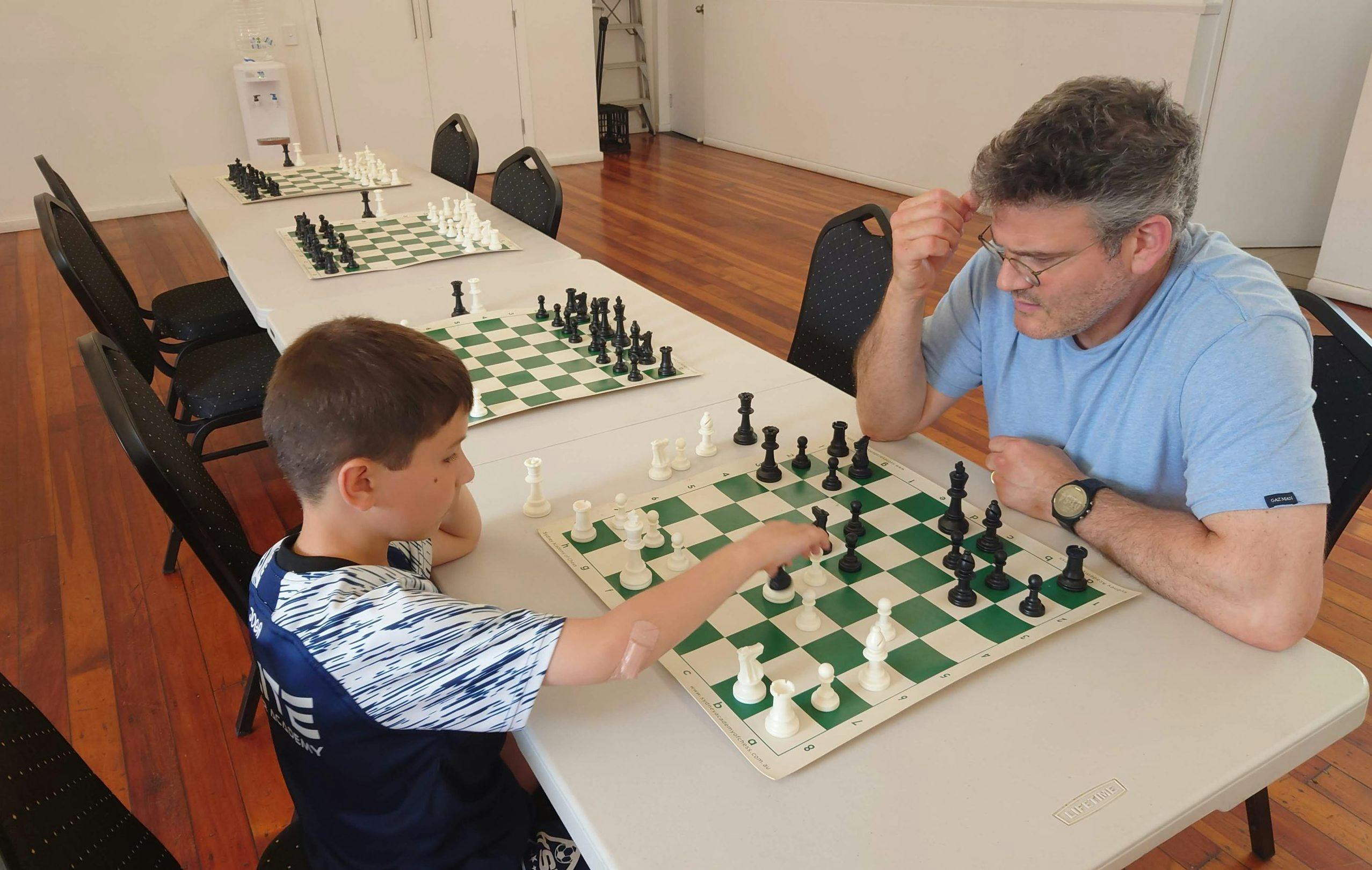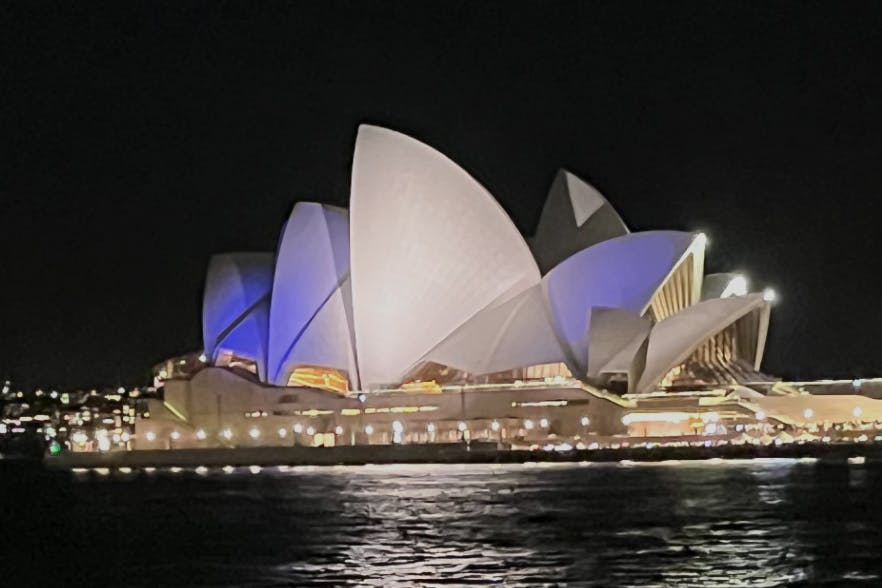Published: 29 November 2022
Last updated: 5 March 2024
Victoria’s most Jewish electorate went against the state-wide trend but not enough to prove the theory of Jewish exceptionalism, writes JULIE SZEGO.
In the column I wrote in prelude to the Victorian election I said that if the sitting member for Caulfield, David Southwick, wins he can take that result as a personal endorsement and if he loses, he can take consolation from his being a victim of larger forces beyond his control.
I stand by that assessment in the aftermath of the weekend’s poll, more or less. We pundits and prognosticators operate within a margin of error that allows for the odd over-statement and colourful generalisation.
At the time of writing on Monday morning the Liberal Opposition is coming to terms with a loss so breathtaking you have to admit it takes talent. In terms of seats, the final wash-up between the parties is likely to be little changed, the Liberals still the diminished contingent they were after the last poll. Their vote has even gone backwards in many of the key eastern metropolitan seats where elections are traditionally won.
Yet Southwick, the MP for the state’s most Jewish seat, is on track for a comfortable victory, Currently, he’s at 53.79% of the vote, after preferences.
The surge in Southwick’s tally came after the counting of postal votes, which flowed far more strongly his way than in 2018.
On election night, it looked like Labor’s Lior Harel could take the seat. A beaming federal MP Josh Burns stood alongside his comrade Harel in a quietly triumphant interview with the ABC, against a background of cheering red-shirted volunteers.
To be fair, there were several such premature celebrations across Victoria, and Southwick had entered the fight with significant handicaps. A redistribution made the seat notionally Labor by a whisker — but in 2018 Southwick had prevailed with a mere 50.27%.
In his own live-cross to the ABC a noticeably exhausted Southwick said — and I’m paraphrasing— that given his near-death experience last time his wife was too traumatised to accompany him to his after-poll gathering.
Moral of the story: the pessimists shall inherit the earth, or at least the bagel-belt electorate office.
Caulfield was seen as prospect enough to draw Daniel Andrews for a stunt in a shit-strewn dog park and even Anthony Albanese five days out from D-Day. Let it be said the prime ministerial visit was a markedly hurried and low-key affair; dropping in at a local polling booth to thank volunteers. What was that about? That under-the-radar, I’m-here-but-not-really-here schtick? It’s like Albo was the warm-up act for Josh Burns.
Now maybe I’m reading too much into it, but might it be said the PM’s star power is a bit of a coin toss in Caulfield after Penny Wong’s blundering reversal on Jerusalem recognition? I’ll come back to this.
Adding to Southwick’s perceived woes was a teal challenger in the mix, Nomi Kaltmann. As it transpired, the teal wave was more of a ripple in this election for a host of reasons, not least the fact that in contrast to the federal poll, the independents did not have the wind of a climate-hostile government at their back. Or indeed, a climate-hostile Opposition; the Coalition having modernised its policies on emissions and renewables and modernised its message generally amid the stench of fallen comrades — Josh Frydenberg et al — in blue ribbon seats at May’s federal election.
Antony Green I’m not, but crunching the numbers it seems Kaltmann’s support, at just under 7%, came directly off Labor’s primary vote — nearly 28% this time compared to 34% last time — returned there as preferences and otherwise hurt Southwick not one bit. The Greens’ vote was unchanged at around 14%.
To return to my central thesis: Southwick’s personal profile undoubtedly helped him. Were he a first-time candidate some of the sub-optimal publicity he received during the election campaign — an allegedly illegal stunt involving a vehicle made to look like a vintage ambulance, a glowing video testimonial from a first-time voter who turned out to be his staffer — might have cost him votes. But after 12 years at Spring Street, he’s a known and trusted quantity in the community and has earned a modest shenanigans’ allowance.
We can see Caulfield voters as Jewish voters. But the voters that returned to Southwick are, above all, Liberal voters.
That said, the Liberals were also forced into spending big to hold on to previously safe seats or win back stolen crown jewels such as Hawthorn — where Matthew Guy’s possible successor John Pesutto is on the verge of a comeback, the count down to the wire. Money matters, and Southwick’s signage was ubiquitous in Caulfield.
And now we arrive at the inevitable question: does ethnicity matter, or put another way, was Jerusalem gold for Southwick? In my last column I referred to the theory of Caulfield exceptionalism: the idea that in an electorate with a solid Jewish minority, Jewish issues can decisively sway the vote.
The surge in Southwick’s tally came after the counting of postal votes, which flowed far more strongly his way than in 2018. I’d wager postal voters are a mixed bag of older people, the jet-setter class and a disproportionate number of Orthodox Jews. The latter are invested in recognition of Jerusalem as the indivisible capital of Israel, and don’t necessarily see as divisible the state and federal Labor parties. And even those who do might have reasons to resent the Andrews Government.
I neglected to mention in my last column that sections of the Orthodox community, in particular, felt exposed and over-policed during lockdowns. Apart from the unwanted attention— and resurgent antisemitism— after the infamous engagement party, there was the spectacle of mounted police patrolling the streets of ultra-Orthodox Ripponlea during last year’s high holidays and a stakeout at an illegal shule gathering where lawbreakers were slugged with heavy fines. And while this is a bigger topic for another day, there’s a compelling argument to be made that the Andrews Government is alienating people of faith — a factor, along with the economic toll of lockdown, that might have played in the steep swings away from Labor in some of their safe seats in the city’s north and west.
On the other hand, to prove the theory of Caulfield exceptionalism, the result has to be exceptional. It’s not. It’s gone largely unnoticed in the poll’s bloody aftermath that some of the voters in the Liberals’ old heartland seats did, in fact, come home. The Tories held Brighton! Handsomely! The citadel rattled at the 2018 election, but on the weekend the seat swung 7.5% to the Liberals. Malvern swung 3.7%, Evelyn 4.3%, Sandringham 5.5% — even though teal Zoe Daniel stormed to victory there in May. Since then, she’s voted in favour of the Albanese Government’s industrial relations bill; I just throw that out there, without suggesting a causal link.
We can see Caulfield voters as Jewish voters. But the voters that returned to Southwick are, above all, Liberal voters. He can take heart from the local result if from nothing else. The Danslide 2.0 leaves his party in existential crisis. The reckoning will be bitter. In the meantime, I’d say this to him: Mazel tov, mate.
Photo: David Southwick and family cast their votes on election day (Facebook)




